Famous playwrights have left an indelible mark on the world of theater, enchanting audiences with their compelling narratives and thought-provoking themes. This diverse list of 15 celebrated playwrights represents individuals from different backgrounds and nations, each known for their extraordinary contributions to the realm of drama. From timeless classics to groundbreaking contemporary works, these playwrights have shaped the way we perceive and experience theater, transcending borders and generations with their enduring impact and achievements.
Famous Playwrights
 |
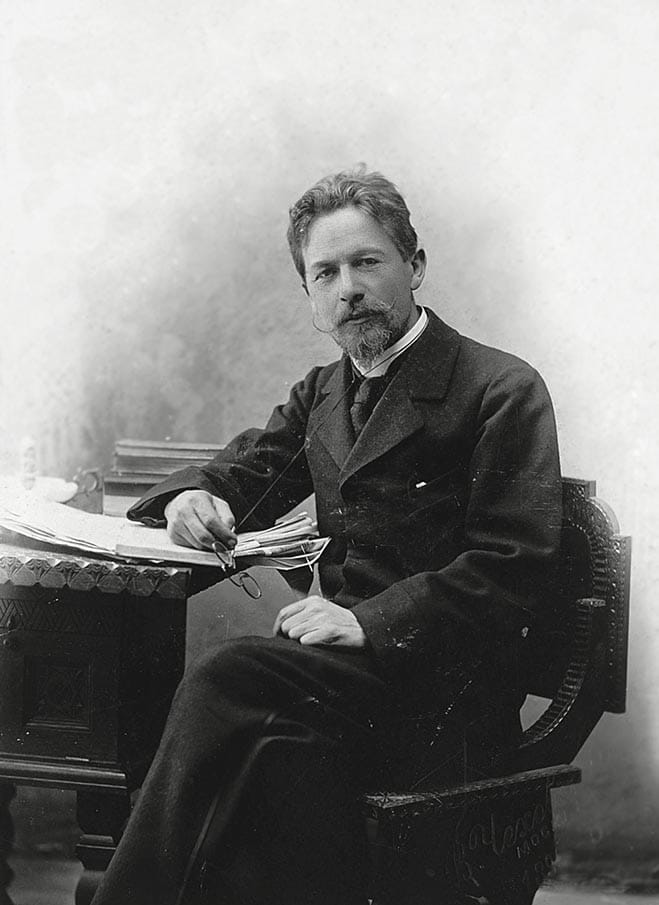 |
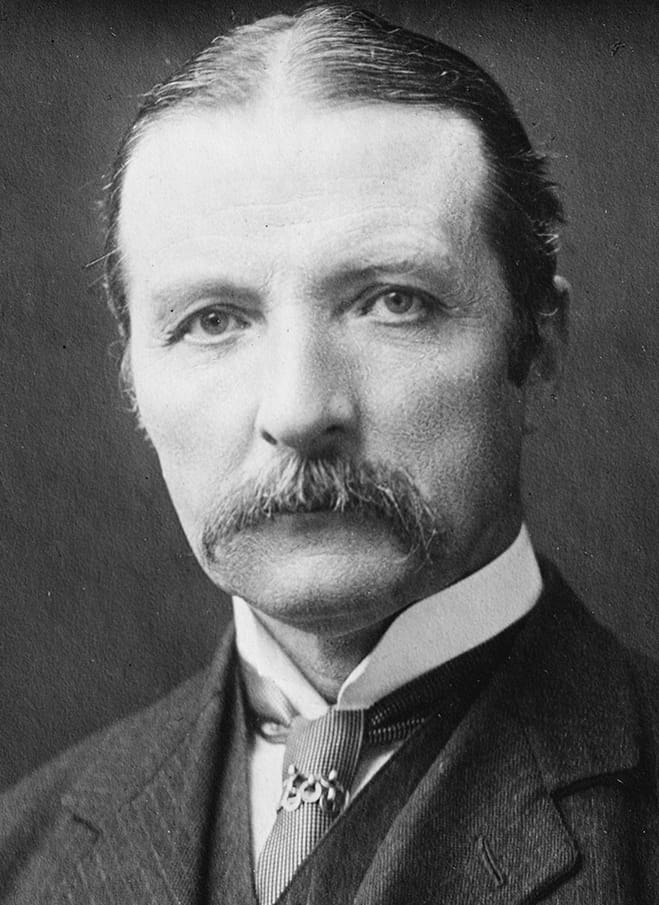 |
| William Shakespeare (1564 – 1616) Nationality: English Known For: Timeless Classics Revered as the greatest playwright in history, Shakespeare’s works like “Hamlet” and “Romeo and Juliet” continue to captivate audiences with their universal themes of love, power, and human nature. |
Anton Chekhov (1860-1904) Nationality: Russian Known For: Exploring Human Emotions Renowned for his poignant plays, such as “The Cherry Orchard” and “Uncle Vanya,” Chekhov pioneered the portrayal of complex human emotions and relationships on stage. |
George Bernard Shaw (1856-1950) Nationality: Irish Known For: Wit and Social Commentary George Bernard Shaw’s sharp wit and social commentary are evident in works like “Pygmalion” and “Man and Superman.” |
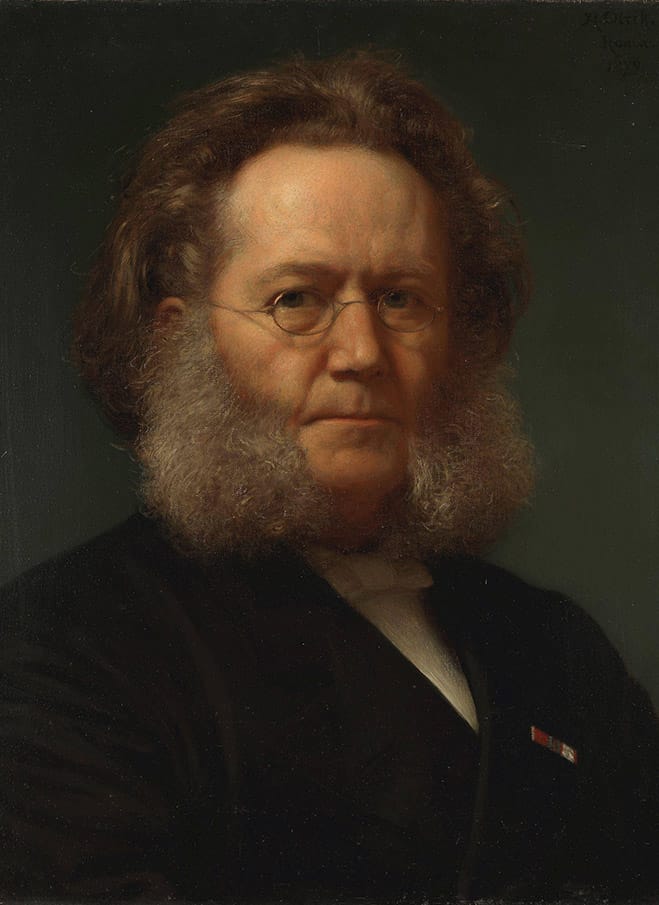 |
 |
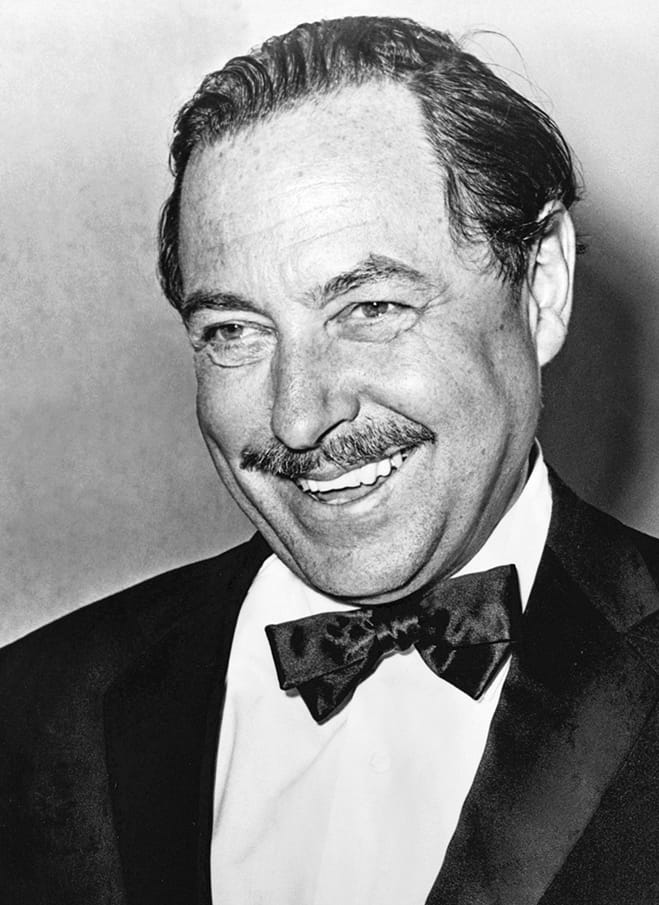 |
| Henrik Ibsen (1828-1906) Nationality: Norwegian Known For: Realism and Social Critique Henrik Ibsen’s plays, including “A Doll’s House” and “Ghosts,” are renowned for their realistic portrayal of societal issues. |
Wole Soyinka (Born 1934) Nationality: Nigerian Known For: Nobel Prize in Literature Wole Soyinka, Africa’s first Nobel laureate in literature, is celebrated for works like “Death and the King’s Horseman” and his activism for human rights. |
Tennessee Williams (1911-1983) Nationality: American Known For: Emotional Dramas Williams’ emotionally charged dramas, such as “A Streetcar Named Desire” and “The Glass Menagerie,” delved into the depths of human desire and dysfunction. |
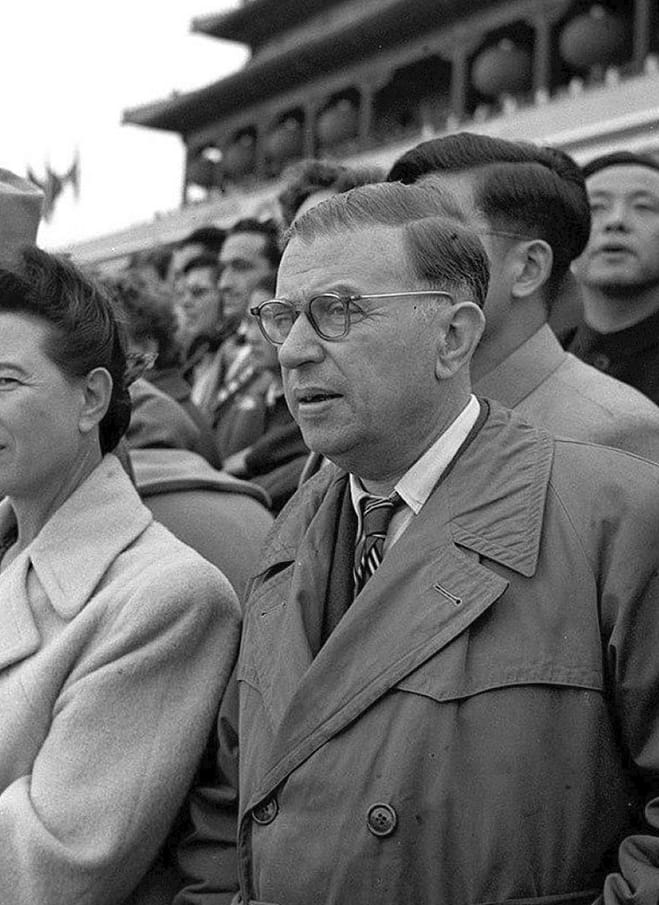 |
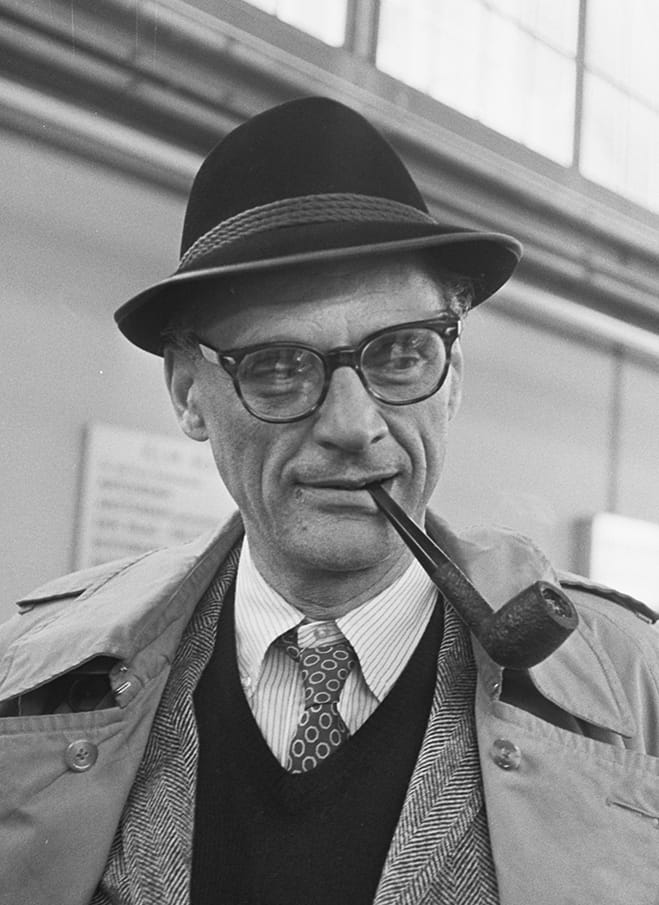 |
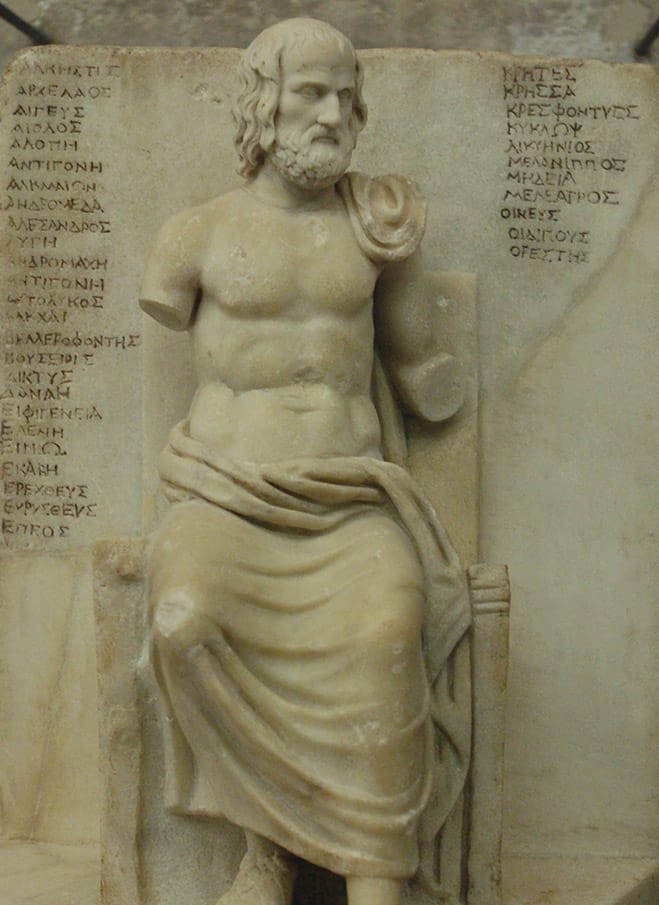 |
| Jean-Paul Sartre (1905-1980) Nationality: French Known For: Existentialist Themes A philosopher-playwright, Sartre’s existentialist themes are evident in plays like “No Exit” and “The Flies,” challenging our notions of freedom and responsibility. |
Arthur Miller (1915-2005) Nationality: American Known For: American Drama Miller’s exploration of the American Dream in plays like “Death of a Salesman” and “The Crucible” made him a prominent figure in 20th-century theater. |
Euripides (c. 480-406 BC) Nationality: Ancient Greek Known For: Greek Tragedies Euripides’ tragic masterpieces like “Medea” and “The Bacchae” continue to influence drama with their exploration of human emotions. |
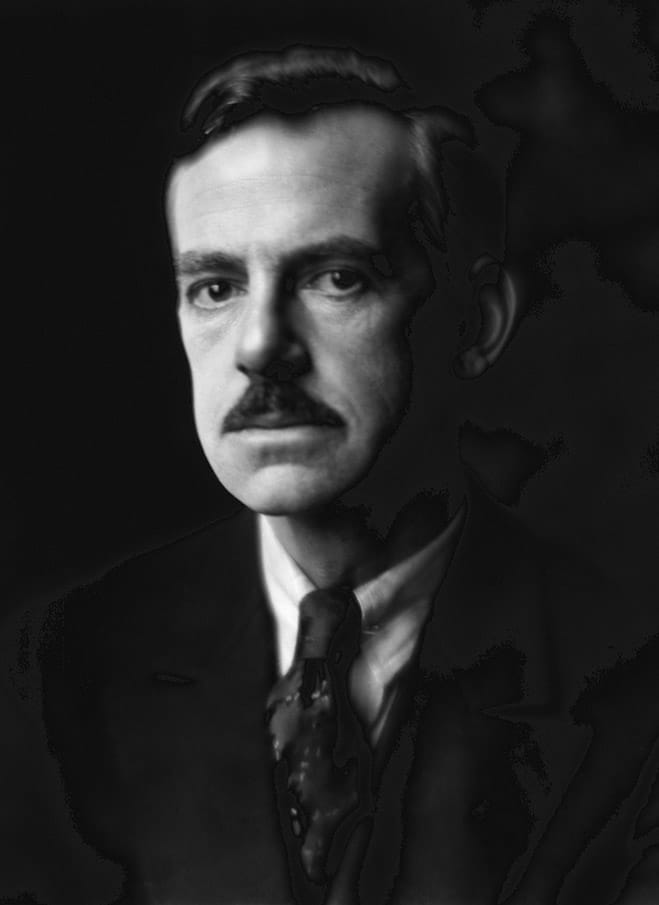 |
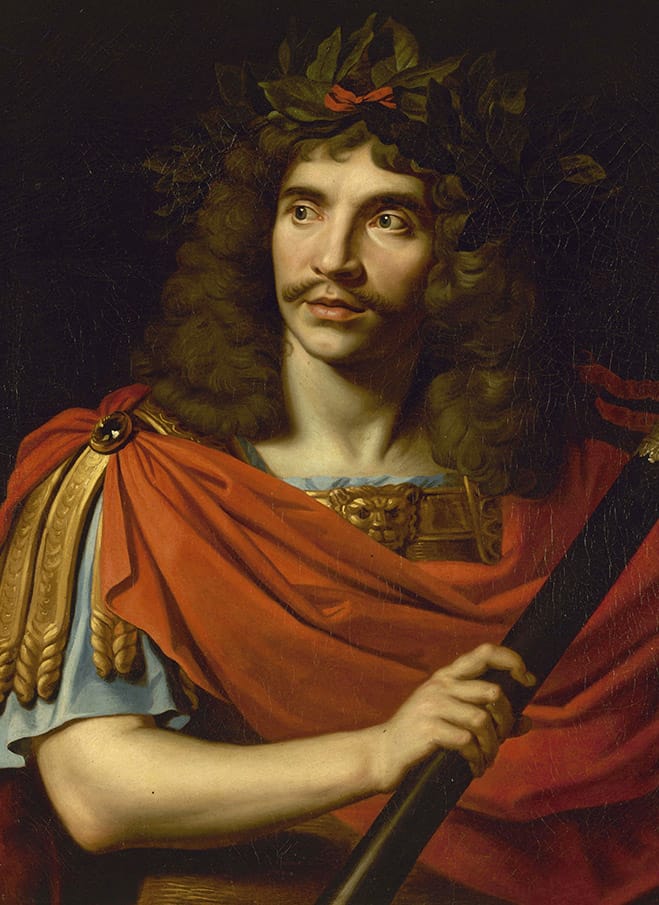 |
 |
| Eugene O’Neill (1888-1953) Nationality: American Known For: American Tragedies Eugene O’Neill’s powerful American tragedies, including “Long Day’s Journey into Night” and “The Iceman Cometh,” continue to shape American theater, exploring the depths of human emotion and dysfunction. |
Molière (1622-1673) Nationality: French Known For: Comedies Molière’s satirical comedies, such as “Tartuffe” and “The Misanthrope,” remain classics that mock hypocrisy and human folly. |
Samuel Beckett (1906-1989) Nationality: Irish Known For: Absurdist Theater Samuel Beckett’s iconic play “Waiting for Godot” epitomizes the absurdity of existence, influencing the theater of the absurd. |
 |
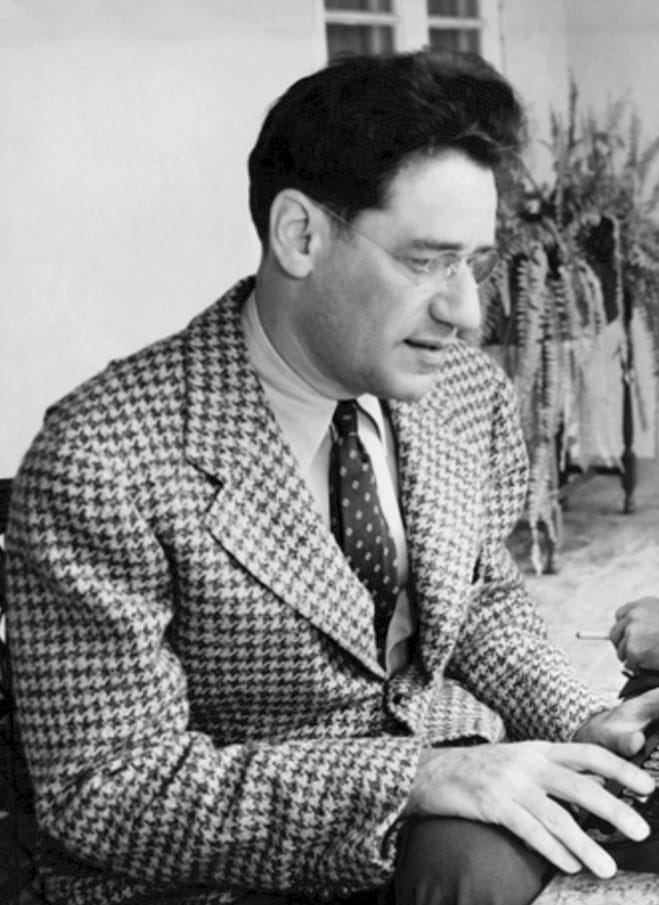 |
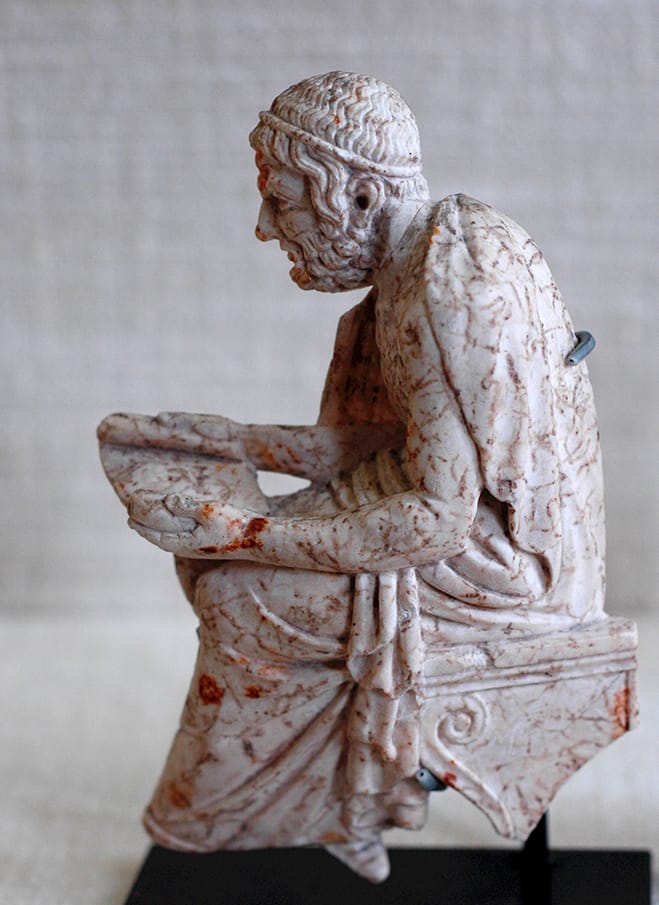 |
| Federico García Lorca (1898-1936, Spanish) Nationality: Spanish Known For: Poetry-infused Dramas Lorca’s poetry-infused plays, including “Blood Wedding” and “The House of Bernarda Alba,” explored themes of passion and repression. |
George S. Kaufman (1889-1961) Nationality: American Known For: Comedy George S. Kaufman, a master of comedic writing, co-wrote classics like “You Can’t Take It with You” and “The Man Who Came to Dinner.” |
Sophocles (496/5-406/5 BC) Nationality: Ancient Greek Known For: Ancient Greek Tragedies Sophocles’ timeless tragedies like “Oedipus Rex” continue to influence drama with their exploration of fate, morality, and human suffering. |